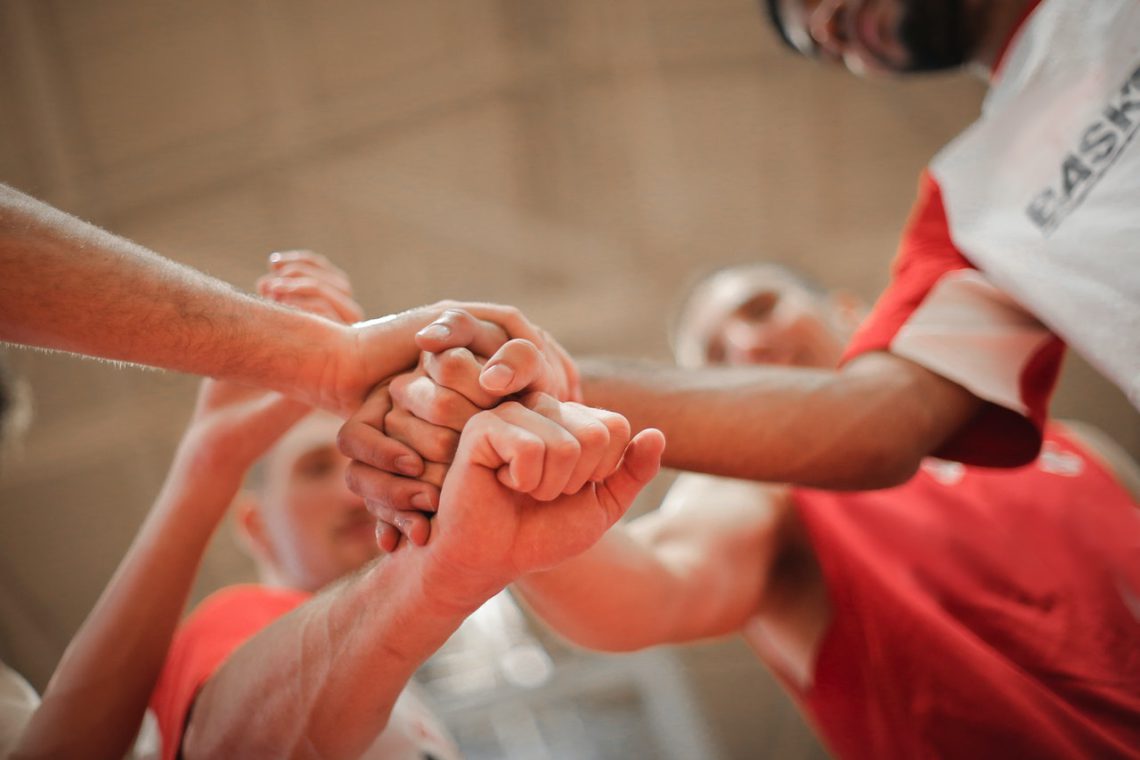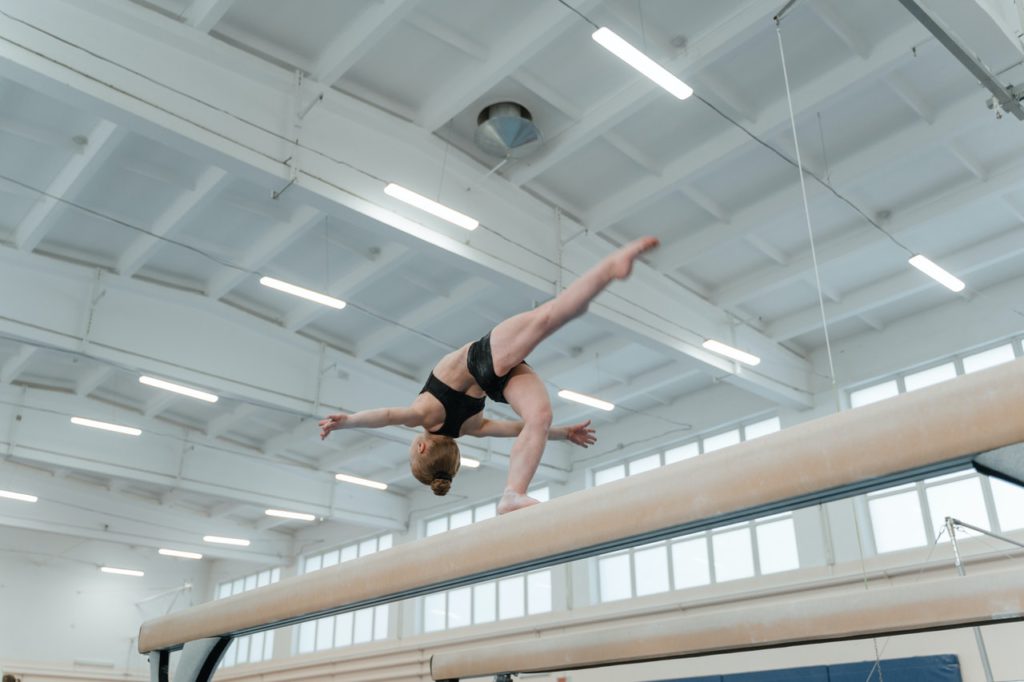
The Why, What, and How to learn leadership skills through Sports
With almost any sport, there needs to be a leader who can inspire the whole team.
It takes a variety of skills to be that leader and to know where and when to apply the knowledge and know-how to get the best possible performance and results.
This is why there is a growing interest in how someone can learn leadership skills through sports and other team activities.
The often unseen skills of a leader

There are different elements at play when it comes to leadership.
One of the most important of all leadership skills is having the realisation that you cannot do it all yourself.
This is especially true when it comes to a small team or small business.
The ability to delegate tasks to the appropriately skilled person is crucial to success. The first step in that process is to recognise what is required and finding someone with the skill set to perform the task.
Sports of various types illustrate this point more clearly than it can be seen in a business environment.
The ‘star player’ may be able to perform above and beyond everyone else but are they able to carry the entire team’s success on their shoulders and at what cost?
A leader will know how to manage that star player and build a team around them. There can be different ways to make more of all the team’s skills to support that special player. Rather than detract from the star player’s abilities, an effective leader can harness that individual talent to inspire and energise the entire team.
Relying on one person to do all or even the bulk of the work, the team is weakened and can easily drop their level of effort believing that whatever skills they possess are of little consequence.
Sports participation helps develop confidence and nurtures the ability to see the different parts of the overall team performance.
What is effective leadership?
To be an effective leader in sport does not necessarily mean being the best player or participant. Someone with the ability to inspire the best performances is more important than just a skilled player who wins the most awards and trophies.
The most effective leader is usually the person who leads by example. They are someone who ‘walks the talk’ and shows a clear dedication to the task. This is exemplified by someone who does something that benefits the overall team rather than purely for personal glory.
That person is prepared to put their interests aside to ensure the success of the collective. In a business sense, that special leader would not take all the credit for a successful outcome but share the spoils of the success to all those who contributed to it.
Leadership relies on respect, resilience, and resolve. Without the trust of the team in knowing that their leader knows what they want and how to do it, there can be little hope of any ongoing success.
That’s where the essentials of effective leadership can be prioritised to the elements of;
- Teamwork and the ability to bring everyone together
- Strategies that are clearly defined and understood
- Setting goals which are achievable and motivational
- Preparation that is properly outlined and covers all possible outcomes
- Decision Making which is thoughtful, empowering and implemented
- Communication that is clear and inspiring
Even the strongest and most effective leadership skills can be undermined by a lack of discipline. Any leader who is unable to make a clear decision, follow through on those decisions, communicate effectively with the team will be unable to achieve their goals.
Taking sport into the workplace
There are many facets of sports that can be utilised in the workplace or in a business sense. They need to be implemented in a practical way to have relevance and be effective.
It can be easy to see how certain workshops and executive coaching sessions are reduced to being almost meaningless when taken to the extremes. Some workplaces employ a system where a team member is given a special weekly award or the entire team is allotted their own custom basketball jerseys or football shirts as a team-building exercise.
Whilst the idea of team building has been used in a direct reference to sports, there may be little to no relevance to performance in the workplace.
A leader who undertakes or initiates a program for high performance team development needs to have clear strategies of what and how that development will be instilled and a timeline of measurable outcomes.
As with most sports, it is dedication and resilience that are required to see a way through any setbacks. To achieve ongoing success, the leader needs to bring together a group of individuals (often with conflicting personality traits) to focus on a clear set of goals.
Harnessing the skills of each individual team member and fostering an environment where the entire team can co-operate and collaborate is no easy feat.
The power of consistency
To be an effective leader you must show consistency.
This is another trait that can be borrowed from the world of sport and shows why sport teaches a broad set of leadership skills.
A captain or team leader who is sporadic with their own training and drops off when the flow of play is going against them is never going to be an effective or trusted leader.
On the other hand, a captain who is always on time does the full training session and tries to push themselves to do better in every game without ever flagging in their belief will have a dedicated team to lead.
As is often the example in sports of different disciplines, a team of champions often loses to a champion team. You will see the best possible results from a dedicated team that works hard together.
The power of a positive team leader
If you take two different examples of a team in either a sports or work environment, you can see where the skills of the leader are crucial to the workability of the entire group.
If Team A enjoys coming together and shares energy to not just do what is asked, but go that extra mile for their team, you have a group that believes in achieving their goals. The strong sense of a collective effort and belonging to a team can be invigorating and inspiring. That team is more often than not a supportive and encouraging unit that works, fails, and wins together.
The polar opposite would be Team B who are anything but united in their efforts. This is a team who disagree, bicker, complain and shift the blame wherever possible. The constant conflict not only hampers the efforts of those individuals involved, but it also infects the entire group with disillusion and disengagement. Most of the energy of the team is then wasted in arguments and each exercise seems to be a painful exercise with little to no dedication to the best possible outcome.
An effective leader needs to be able to take decisive action in order to be the focal point of empowering the team as a whole.
That leader should be able to see where there are problems, identify the root causes, implement a clearly communicated solution and measure the results.
Without everyone working together for the same goal – in sport or a workplace – you do not have a team.

